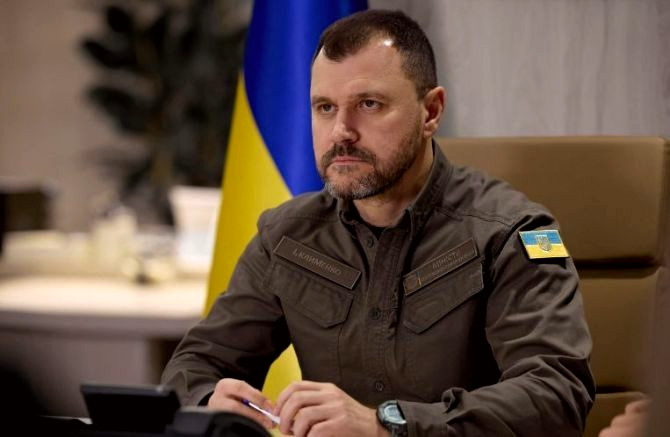Russia complicates the identification process by returning the bodies of the deceased in a severely damaged condition. In recent repatriations, along with fallen Ukrainians, bodies of Russian soldiers were also handed over.
"During the latest repatriations, we were also given the bodies of Russian soldiers mixed with those of Ukrainians. This is a concerning fact, and it could signify a deliberate attempt by the Russians to increase the number of bodies returned, burdening our experts. It may also reflect their negligent attitude towards their own soldiers. In any case, these bodies are also undergoing identification," noted Interior Minister Ihor Klymenko.
Klymenko emphasized that after each repatriation, meticulous work begins: autopsies, thorough examinations, DNA testing, and verification of every detail.
This process is already complex and lengthy, and Russia further complicates the identification of the fallen. The bodies return to Ukraine in a severely damaged state, with parts separated into different bags. There have been instances where remains of one person are returned at different stages of repatriation.
The minister stressed that experts are working at the limits of their capabilities. Each examination is conducted thoroughly and multiple times. Specialists are trained, laboratories are equipped, and processes are refined. The greatest challenge is time.
"We understand the pain and expectations of the families. We are doing our utmost to expedite the identification process. However, with each major repatriation, it becomes increasingly difficult, and perhaps that is the goal of Russia."
"We cannot afford mistakes. This is not just statistics. These are people, and each one deserves to be treated with dignity," added the Interior Minister.
Background: On June 16, another 1245 bodies of the fallen were returned to Ukraine. Defense Minister Rustem Umerov announced the completion of the repatriation of fallen soldiers under the Istanbul agreements, resulting in the return of over 6,000 bodies.
